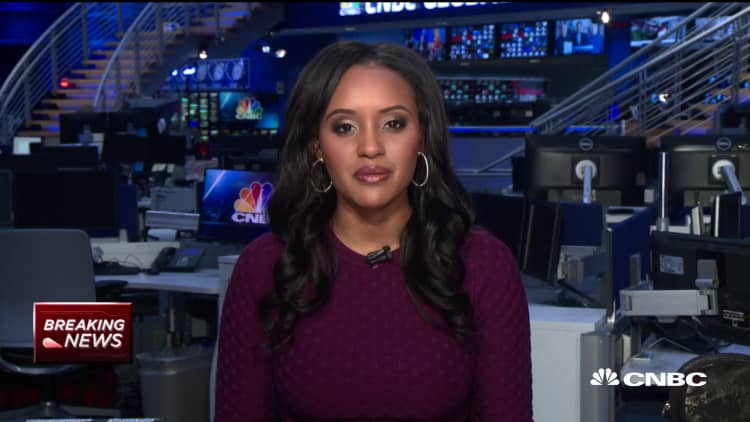If you're struggling to keep up with your credit card bills, it might be worth calling your bank.
While at least one large bank expects many customers to default on that debt, consumers who have reached out to their card issuer for a coronavirus-related break on monthly payments have been largely successful, according to a report from LendingTree.
Of those who asked for a reprieve (about 30% of people surveyed), 67% got a break on every card they inquired about and 24% had a partial success rate with multiple cards.
Many banks are offering ways to temporarily ease the burden. Help could be in the form of reduced interest rates or lower minimum payments, extended payment deadlines, waived late fees or no late-payment reporting to the credit bureaus.
More from Personal Finance:
What to expect if you have a 401(k) loan and lose your job
Why holding individual stocks can come back to hurt you
Scammers look to steal your stimulus check
"Lowering your interest rate helps in the long-term, waiving fees helps a little in the short term, but if you can skip a payment without significant penalty, that may be the best option right now," said Matt Schulz, chief credit analyst for LendingTree.
"If you've had your financial life flipped upside down, what you want most is something that will help you immediately," Schulz said.
Consumers are shouldering about $1 trillion in credit card debt, according to the Federal Reserve. For those who carry balances month to month, the average total owed is about $7,100, according to NerdWallet. At the same time, unemployment has skyrocketed and cash-strapped households are in need of relief.
As with a pause in mortgages and other types of loans (except federal student loans, which are getting a separate reprieve through September), delaying a credit card payment won't get you off the hook for the amount owed. And, it's likely that interest will continue accruing, Schulz said.

If your card issuer lets you skip a month without penalty, ask if they will also not report a late payment to credit companies. Under normal circumstances, a payment that is 30 days late ends up on your credit report.
"That can be what triggers the lender reporting the late payment to the credit bureaus and you getting a negative mark on your credit report," Schulz said.
Depending on the particulars of your situation, this can drag down your credit score by as much as 60 points or 70 points, he said. It also remains on your report going forward.
"That's the kind of thing that doesn't just last a couple months but can damage your credit for several years to come," Schulz said.
One thing that makes this so challenging is that we have no earthly idea when this is all going to end."Matt Schulzchief credit analyst for LendingTree
Also, be sure to get something in writing from the card issuer that details the terms of whatever you're being offered and agreeing to.
"You need to get it in writing so you know exactly what the card issuer is offering and what's expected of you," Schulz said.
And, if one month of non-payment won't be enough, there's a chance you could be granted a longer reprieve.
"It's worth asking," Schulz said. "One thing that makes this so challenging is that we have no earthly idea when this is all going to end."


